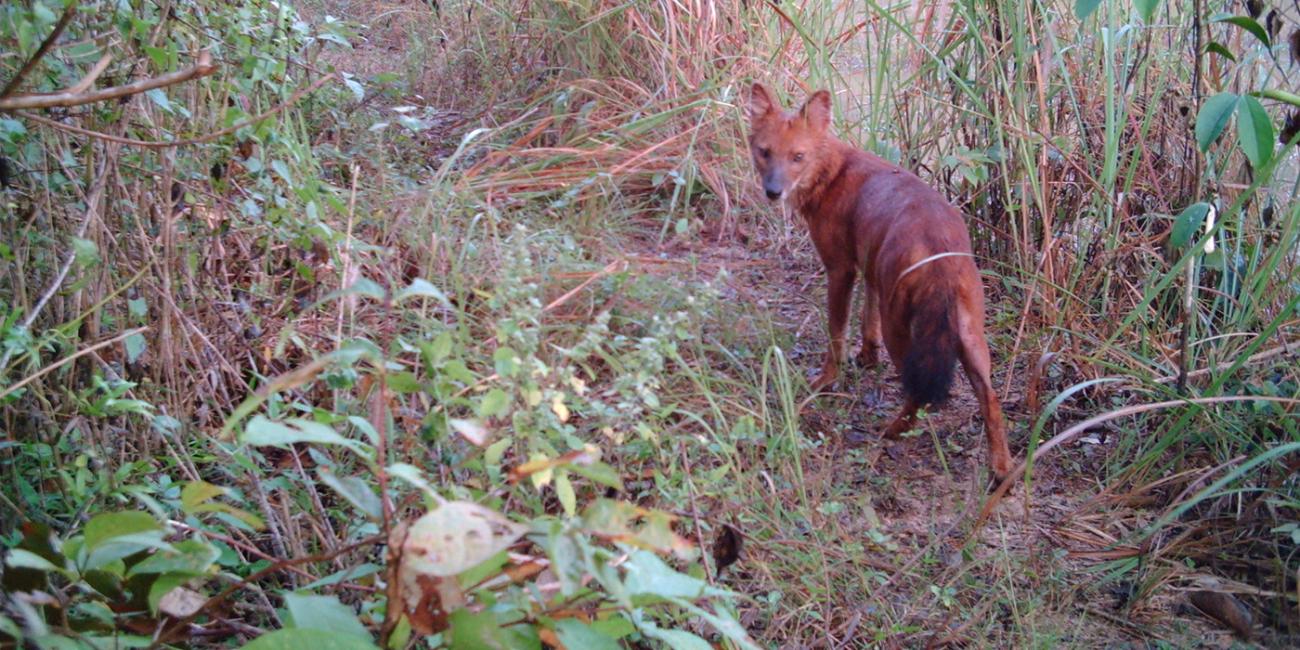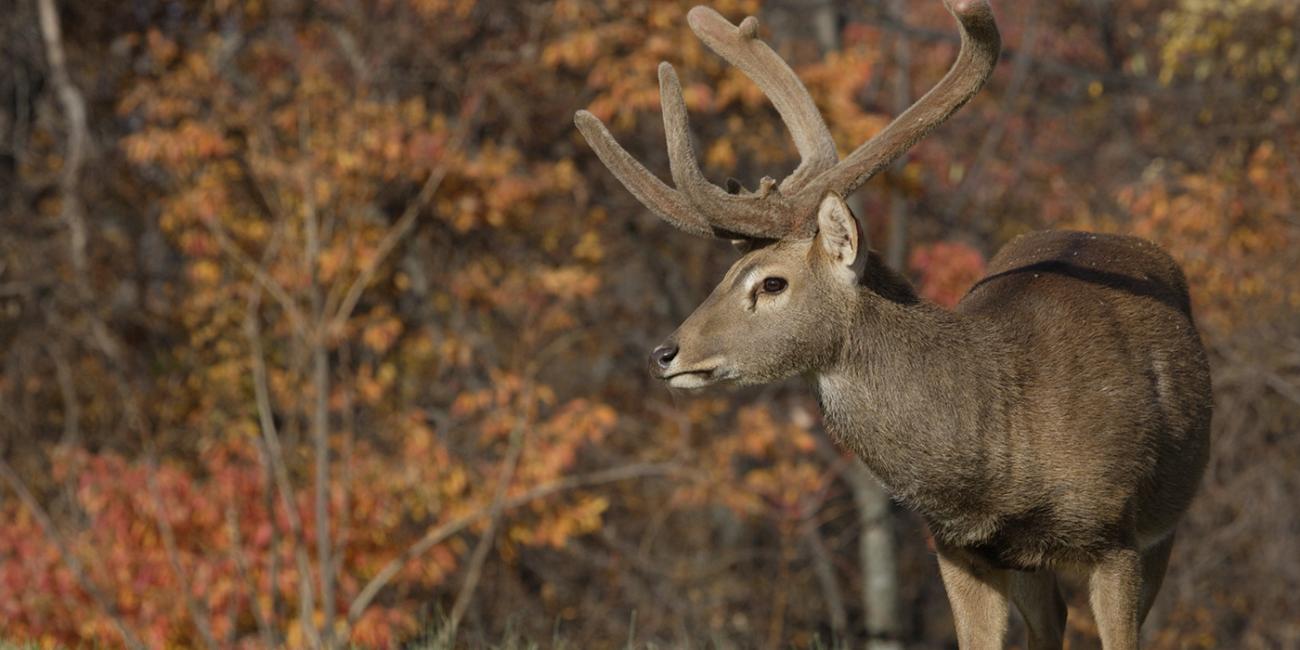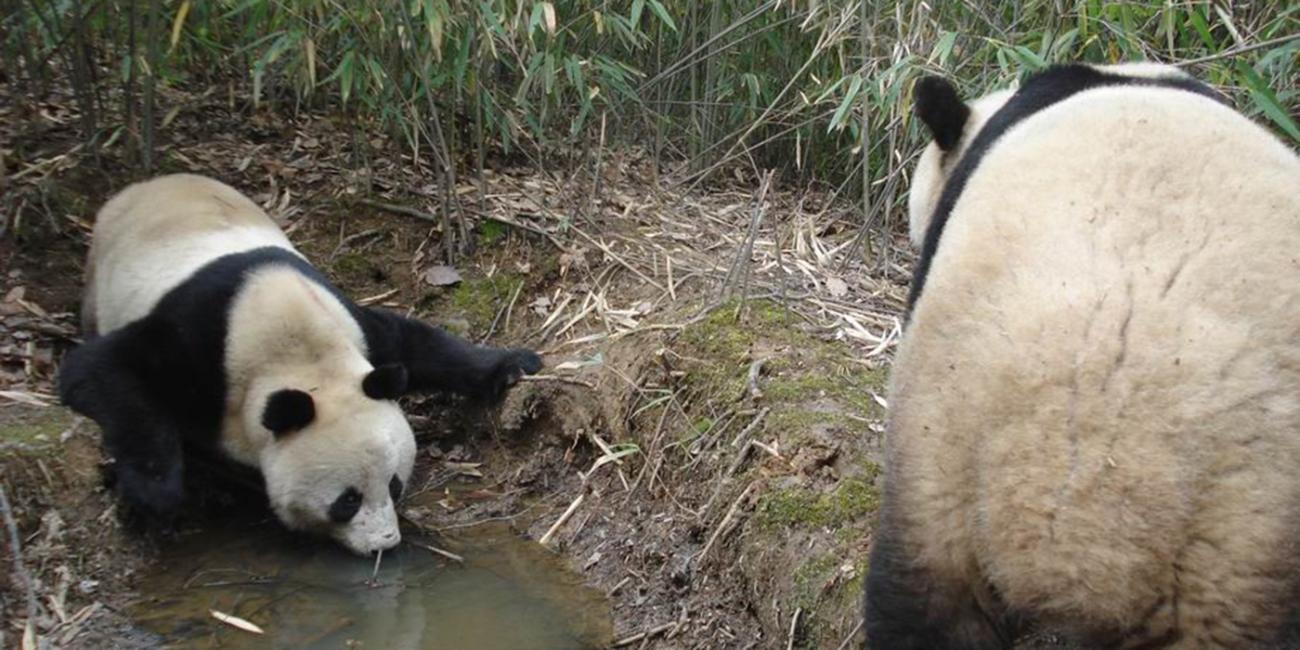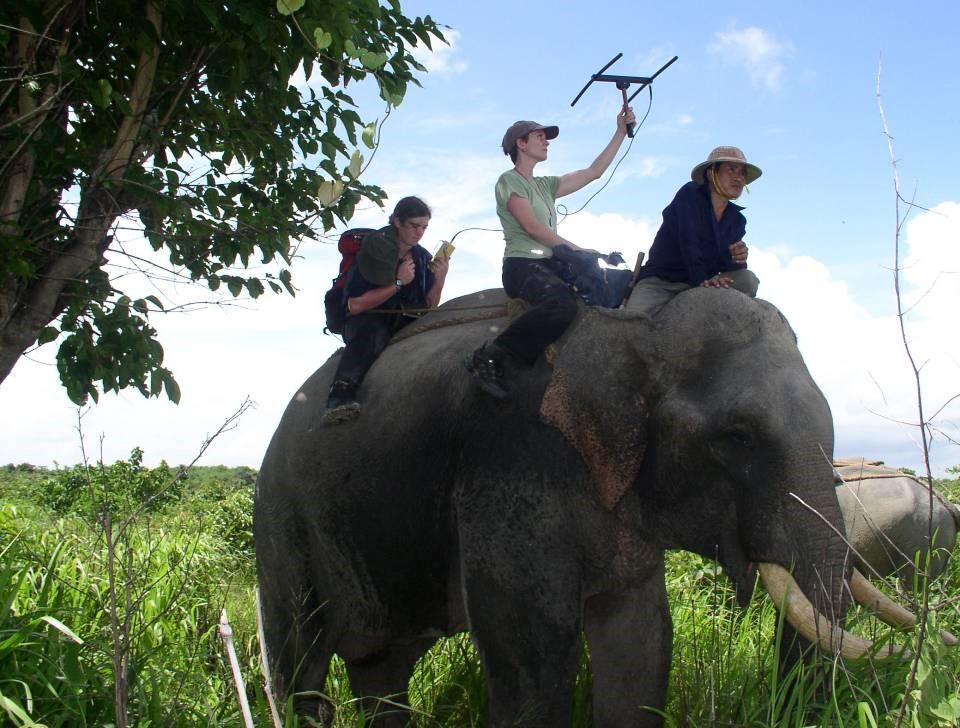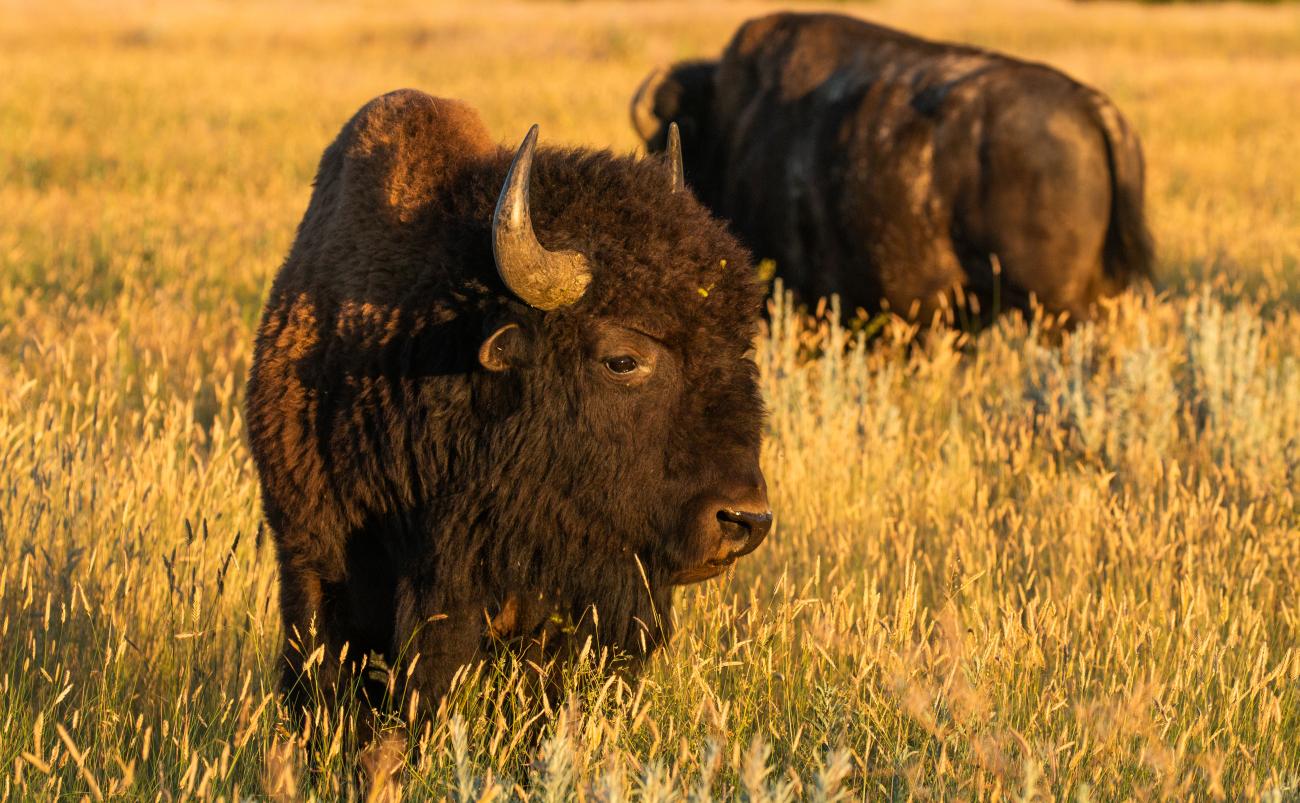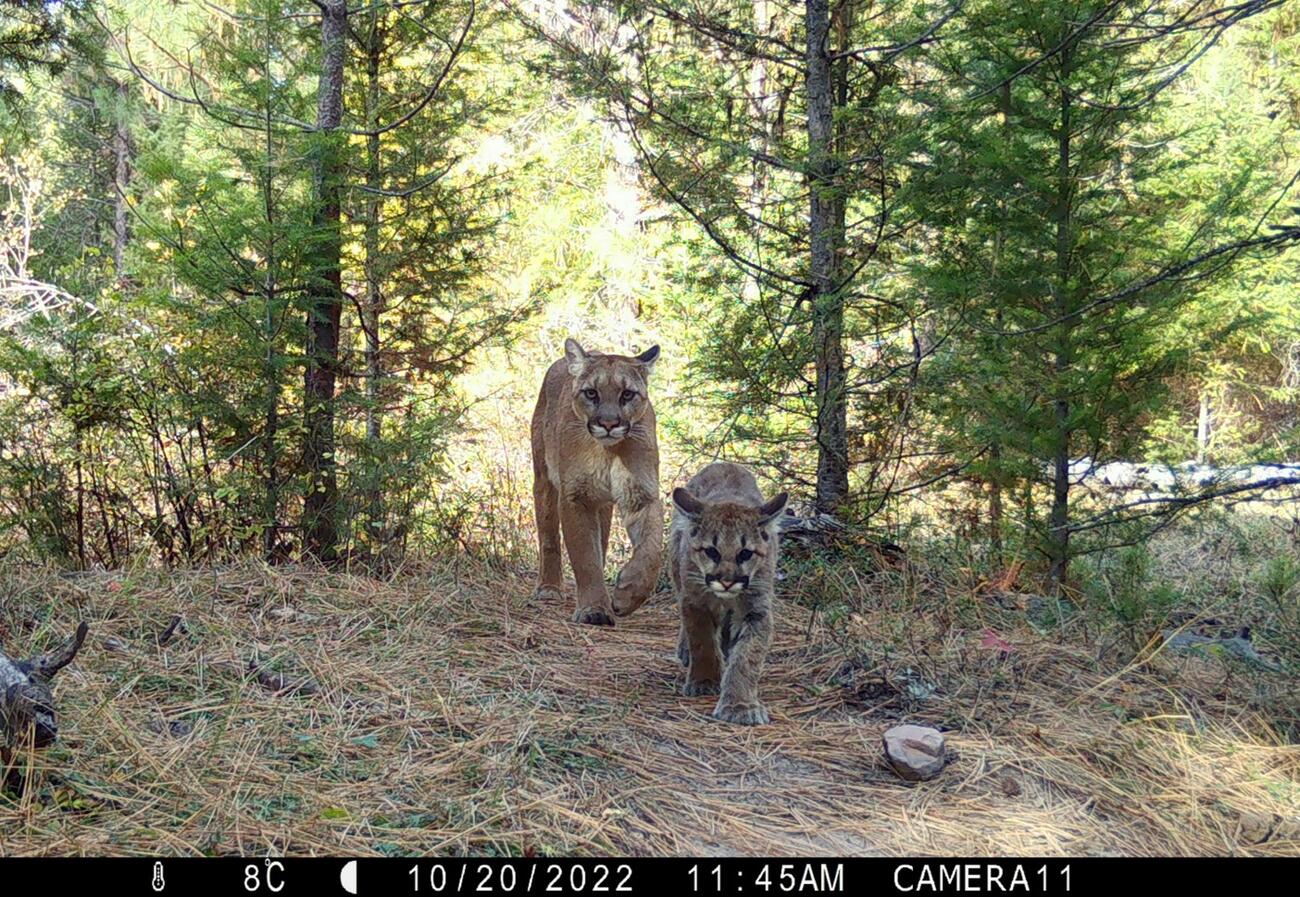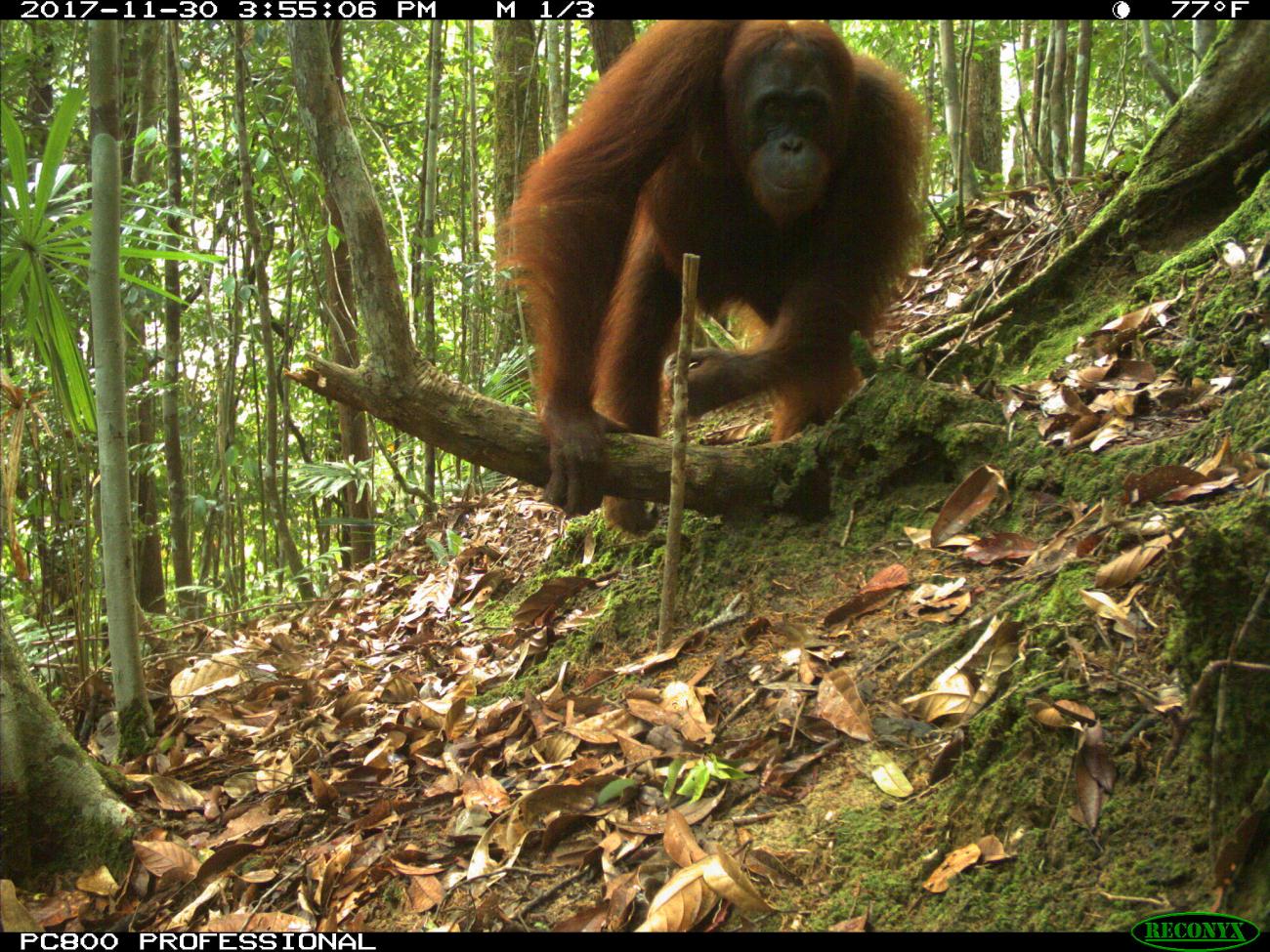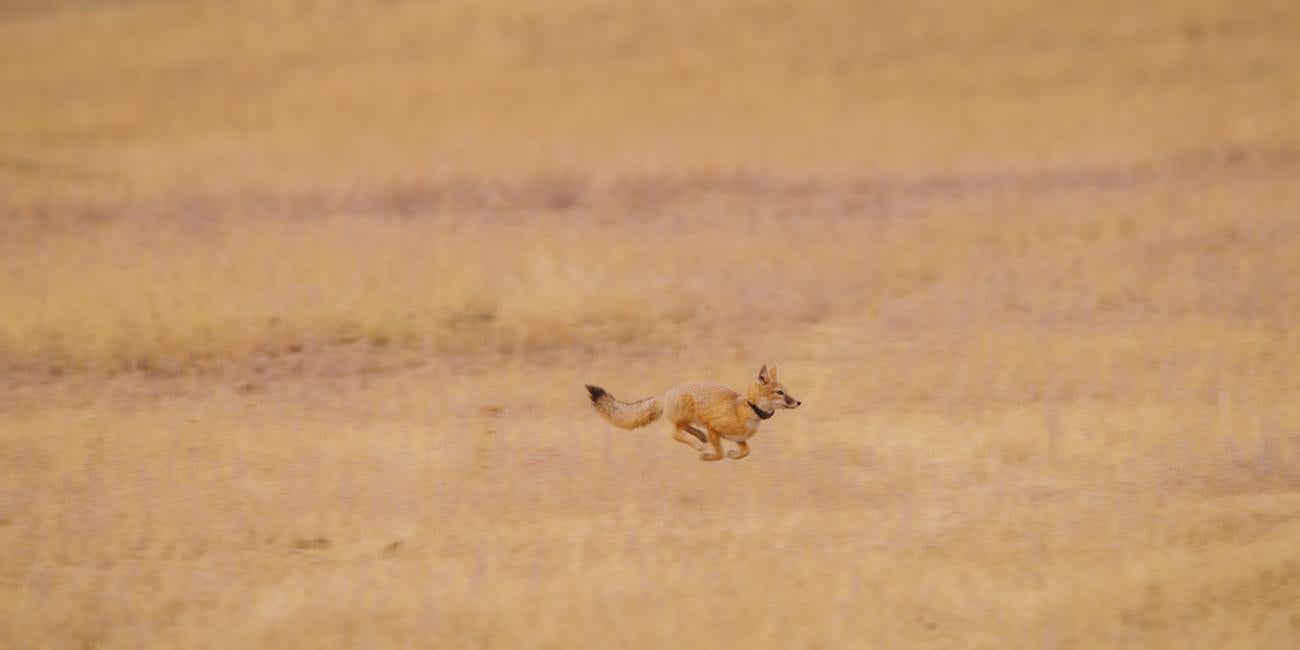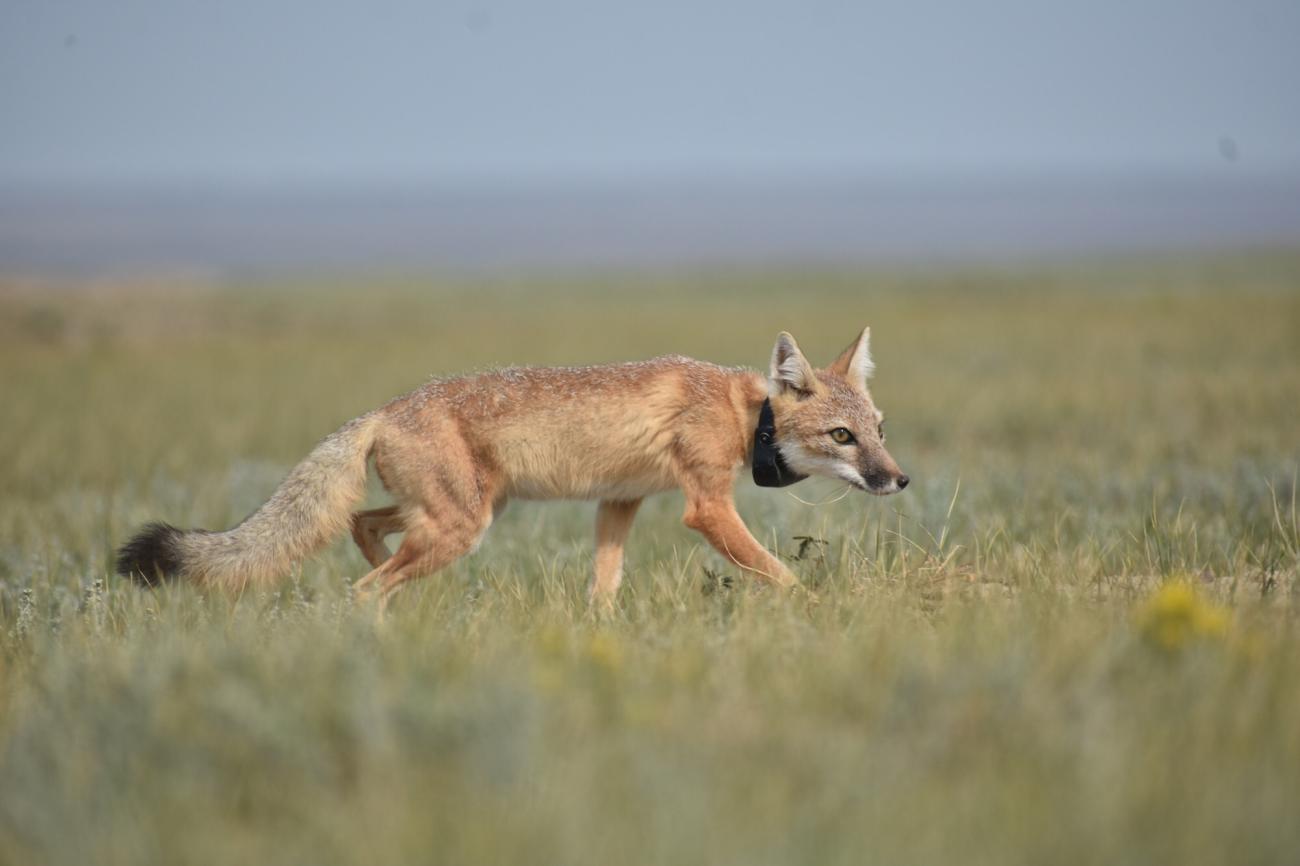Biography
Bill McShea originally studied small mammal population ecology, but has expanded his scope of species and topics over the years. His current focus is on informing management of wildlife in forest and grassland ecosystems. A good part of his time and effort is in Asia, both supporting conservation efforts on forest mammals and mentoring young professionals to use science to reduce human-wildlife conflicts.
McShea's first focus at the Smithsonian Conservation Biology Institute (SCBI) was the role of white-tailed deer in shaping plant and wildlife populations that share eastern deciduous forests. This work expanded to look at interaction between deer and invasive plant species and disease transmission. The focus on deer lead McShea to become the co-chairman of the International Union for Conservation of Nature's (IUCN) Deer Specialist Group, which is responsible for setting Red List status for all deer species. In addition to deer, McShea works with Chinese colleagues to conserve large mammals such as giant pandas, takin and Asiatic black bears in bamboo forests of China.
McShea received a Bachelor of Science in animal behavior from Bucknell University in 1977, a Master of Science zoology from University of New Hampshire in 1981, and a doctorate in biological sciences from the State University of New York in Binghamton in 1985. After a postdoctoral position at Cornell University, McShea came to the Front Royal facility in 1986 as a Smithsonian Postdoctoral Fellow. He has mentored more than 30 graduate students and 100 interns during his time at SCBI. He has also collaborated with most scientists within the centers and has co-authored papers with 24 different researchers at the Smithsonian.
McShea is passionate about wild animals in wild places. His travels and work around the world have impressed on him the dedication of conservation staff and scientists in the developing world. To save the last wild animals and places will take all our science skills and expertise, as well as compassion for the people living with wildlife.
McShea's first focus at the Smithsonian Conservation Biology Institute (SCBI) was the role of white-tailed deer in shaping plant and wildlife populations that share eastern deciduous forests. This work expanded to look at interaction between deer and invasive plant species and disease transmission. The focus on deer lead McShea to become the co-chairman of the International Union for Conservation of Nature's (IUCN) Deer Specialist Group, which is responsible for setting Red List status for all deer species. In addition to deer, McShea works with Chinese colleagues to conserve large mammals such as giant pandas, takin and Asiatic black bears in bamboo forests of China.
McShea received a Bachelor of Science in animal behavior from Bucknell University in 1977, a Master of Science zoology from University of New Hampshire in 1981, and a doctorate in biological sciences from the State University of New York in Binghamton in 1985. After a postdoctoral position at Cornell University, McShea came to the Front Royal facility in 1986 as a Smithsonian Postdoctoral Fellow. He has mentored more than 30 graduate students and 100 interns during his time at SCBI. He has also collaborated with most scientists within the centers and has co-authored papers with 24 different researchers at the Smithsonian.
McShea is passionate about wild animals in wild places. His travels and work around the world have impressed on him the dedication of conservation staff and scientists in the developing world. To save the last wild animals and places will take all our science skills and expertise, as well as compassion for the people living with wildlife.
Research Interests
Wildlife management, ecology of non-game animals, surveys of mammals and birds, conservation of deer, citizen science-pollinator and invasive plant surveys, temperate forest dynamics, forest tree demographics, forest seed production, conservation in Southeast Asia and China; Surveys of large mammals in Asia and North America; warm season grass restoration; grassland ecology
Related News
April 01, 2020
Fantastic Beasts of the Great Plains
May 08, 2019
Tracking Bison Across the Grasslands of Montana
February 08, 2019
Welcome to the American Prairie Reserve
February 08, 2019
Where the Bison Roam
